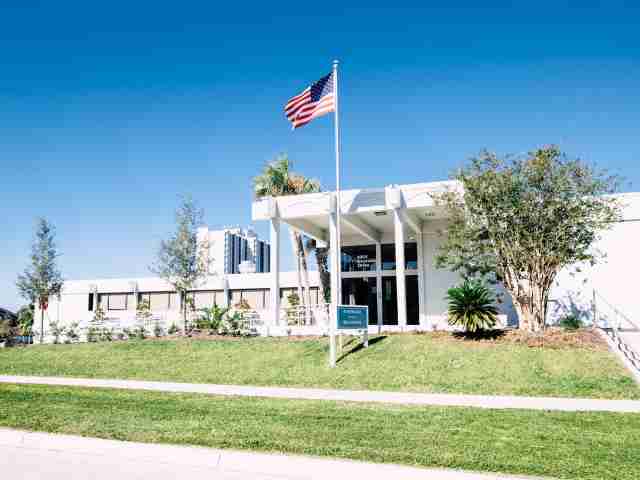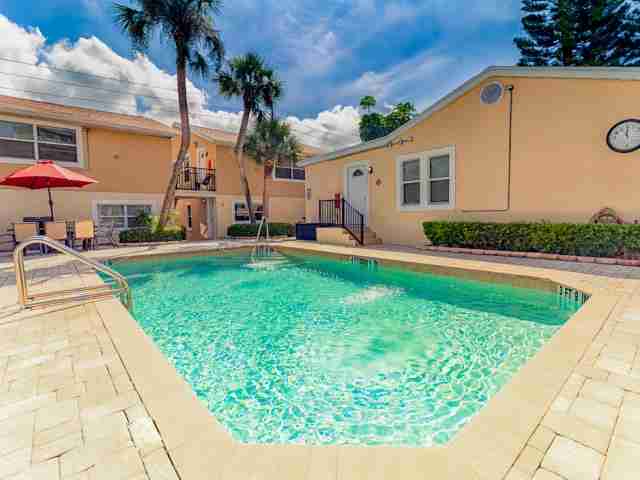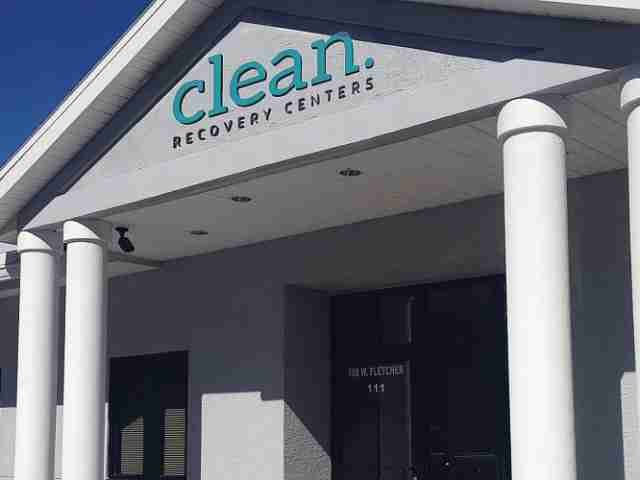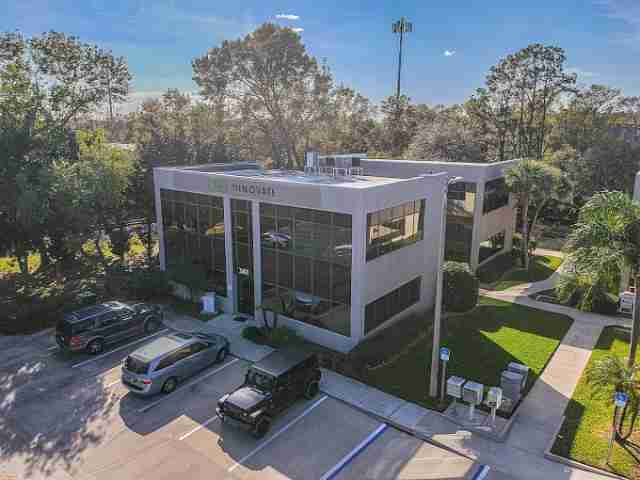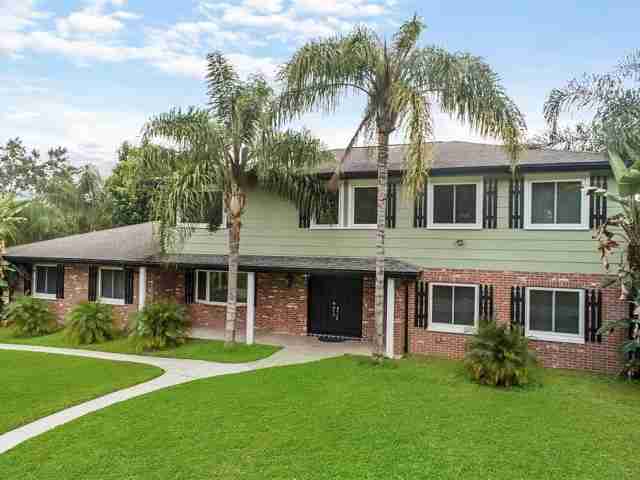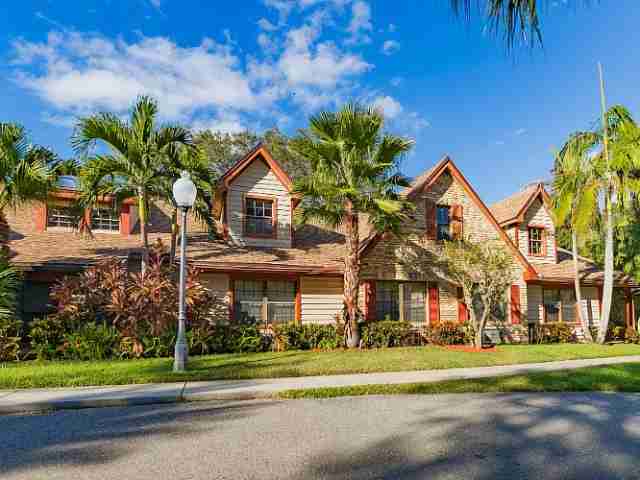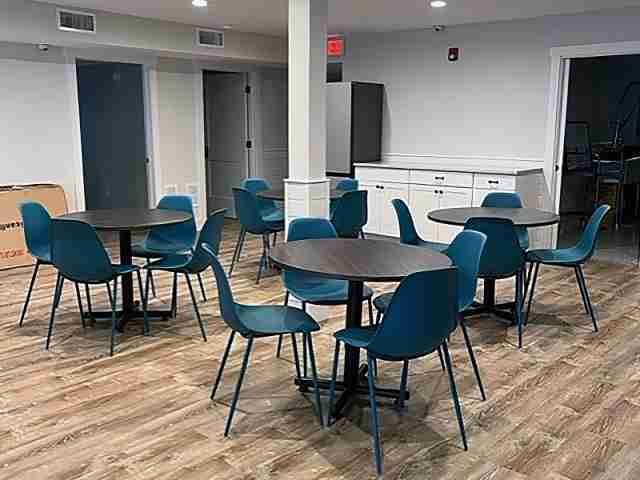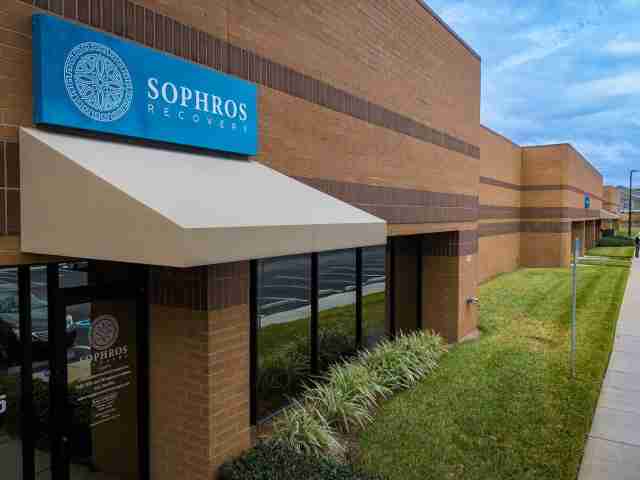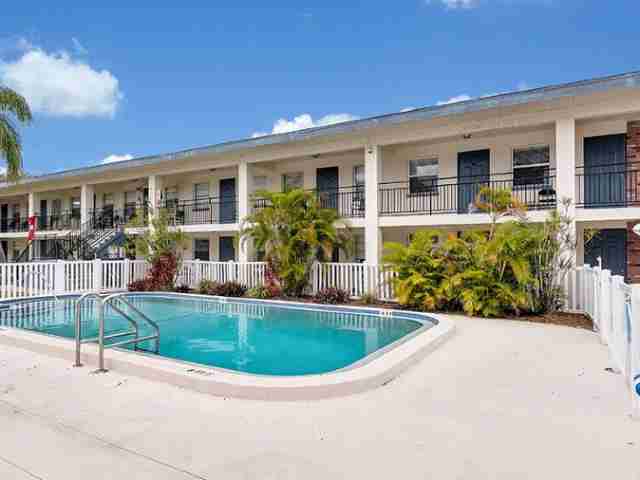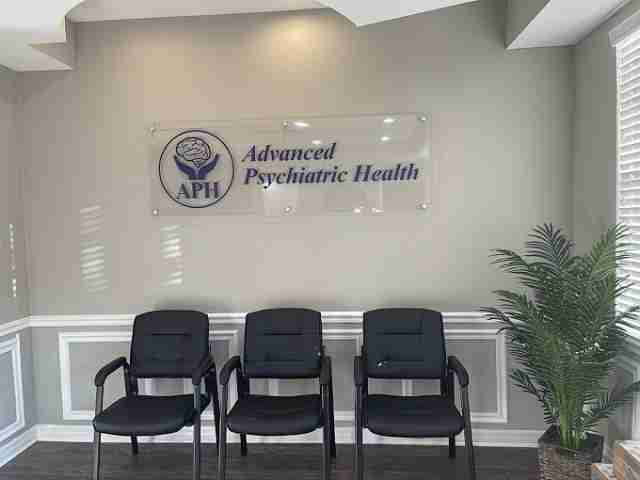More About Rehabs for Meth Addiction
Methamphetamine, also known as meth, is an incredibly powerful and highly addictive synthetic stimulant that affects the central nervous system. Unlike other drugs that slow down the body’s nervous system and responses, this drug speeds it up, and in turn, produces a sense of euphoria. It can make you feel like you’re on high alert, reduce your appetite, increase your activity and give you a strong sense of well-being. However, meth misuse can produce adverse effects and even lead to meth addiction(1).
Meth can be found in the form of pills, powders or rock-like crystals called “ice.” Because it comes in many forms, its appearance will vary. Meth can be injected, smoked, snorted or ingested orally to produce a quick-acting rush. The effects of a meth high can last for 4-16 hours, depending on the method and amount of the substance used.
How Does Meth Work?
Meth floods the brain with dopamine, a natural chemical responsible for physical activity, motivation, and pleasure(2). When consumed, meth hijacks the brain’s reward system, producing powerful feelings of euphoria(2).
Consuming meth and then experiencing prolonged feelings of pleasure can reinforce its use(2). Since meth activates pleasure centers in the brain, many people repeatedly use meth to sustain its intensely euphoric effects(2). Those who engage in this drug-taking cycle may be at increased risk of developing meth or crystal meth addiction(3,4).
Meth differs from other stimulants like cocaine because it is metabolized far less rapidly and lingers in the body for significantly longer periods of time, thereby having a lasting effect on the brain(2). Meth’s stimulating effects do not stop shortly after ingestion as they do with other stimulants. The euphoric effects of meth can last for over 12 hours(2). Meth also releases dopamine at far greater rates than cocaine(2).
Effects & Risks of Meth
Meth misuse is dangerous, especially when consumed consistently over time. Serious psychological and adverse health effects can accompany short- and long-term meth use, including(1,2):
- Psychosis.
- Aggressive or violent behavior.
- Seizures.
- Tooth decay.
- Cardiovascular damage.
- Skin sores, often due to picking behaviors associated with drug intake.
- Brain damage.
- Depression.
- Damage to the kidneys and liver.
- Respiratory problems.
- Abscesses or infectious diseases like HIV/AIDS if injected.
When consumed at high doses, meth misuse can be fatal. Meth overdose can trigger seizures, and if left untreated, may result in death(1). If someone is experiencing an overdose, call 9-1-1 immediately.
How Do I Know If I Need Rehab for Meth?
Addiction to meth does require the need for rehab to detox and recover properly. Recognizing the need for rehab requires self-awareness. Several signs and symptoms can indicate that you or a loved one may have a problematic relationship with meth, including:
- Inability to quit using meth, even though you may want to
- Impact on your daily life and functioning
- Development of a tolerance and experience of withdrawal symptoms
- Experiencing physical health symptoms
- Continued use despite consequences
- Social isolation
If you identify with these signs or notice them in a loved one who struggles with meth use, seeking professional help is crucial.
Rehab for Meth Addiction
Various forms of effective treatment are available for those with meth addiction. The type of treatment setting that is right for each person will depend on factors like(5):
- How long a person has misused meth.
- How much meth they used.
- Medical conditions or complications.
- Presence of co-occurring disorders.
- Living environment.
- Treatment history.
- Support system.
Since treatment involves abstaining from the drug, you may experience withdrawal symptoms during the detox process. It generally takes about a week for these symptoms to resolve. Other forms of treatment can address the behavioral addiction and underlying mental health conditions. These levels of care include:
- Inpatient treatment: You will reside in a treatment center or facility that offers 24/7 monitoring and where the average stay is anywhere between 28 days to several months.
- Partial hospitalization program (PHP): You can continue to live at home, however you will meet several times a week (5-7 days on average) for a full day.
- Intensive outpatient program (IOP): Like PHP, you can continue to live at home, but you may only spend a few days (approximately 3-5) per week at the facility for several hours at a time.
- Outpatient (OP): Outpatient treatment affords you the opportunity to continue working, going to school, etc. while still receiving treatment. Usually, outpatient treatment requires you to spend 1-2 days per week at the facility for treatment.
Your physician or mental health therapist can help you determine which level of care you need by using an assessment. The assessment will likely cover whether you have been to treatment before, how often you use and how much, if you have mental health concerns and if you have any medical issues. In addition to an assessment, your provider can also make treatment recommendations.
Benefits of Rehab for Meth Addiction
If you need meth addiction treatment, getting away from your daily life and habits can help with recovery. Some benefits of rehab for meth addiction include:
- Detox support - Medically supervised detox helps make the process safe.
- Improved mental health - Meth addiction often co-occurs with psychosis, mood disturbances or other mental health issues. With appropriate dual diagnosis treatment, you can improve your mental health.
- Education - Rehabs will often offer psychoeducational groups about the disease of addiction and your journey to recovery.
- Peer support - Rehab provides the opportunity to build robust and sound relationships with others who have similar experiences, understand the struggle and do not judge you.
Can I Use The Family and Medical Leave Act (FMLA) for Meth Treatment in The U.S.?
If you’ve been clinically diagnosed with meth addiction, then you can receive Family and Medical Leave Act support. The FMLA ensures that you do not lose your job when taking necessary time (up to 12 weeks) off to heal from a serious health condition. This act also guarantees that you retain the same terms of employment that you originally had for your job.
What’s provided in your FMLA may vary and have eligibility requirements. Talk with your Human Resources (HR) department at work or look online for more information on FMLAs.
How To Support Someone With Meth Addiction
Addressing a loved one’s meth use disorder can be challenging. For the best results, balance understanding their situation and encouraging them to seek professional help. Some effective ways to support your loved one in the process include:
- Learn about the signs of meth addiction - Because meth is a stimulant, your loved one may show signs of addiction by having high energy and needing less sleep. They may also seem confused or paranoid when they are high around you.
- Start a conversation - Be as clear and direct as possible while expressing empathy for your loved one. Avoid being pessimistic, blaming them or allowing your emotions to get in the way of listening.
- Attend Nar-Anon - a support group can help you prioritize self-care and introduce you to others who love someone with a substance use disorder.
It’s important to remember that amidst the struggles of you or your loved one, there is hope. With the right support and resources, recovery from meth addiction is possible.
Sources
- Yasaei, R. & Saadabadi, A. (2022, May 8). Methamphetamine. Treasure Island, FL: StatPearls Publishing.
- National Institute on Drug Abuse. (2019, May 16). Methamphetamine DrugFacts.
- Drug Enforcement Administration. (2020, April). Drug Fact Sheet - Methamphetamine.
- National Institute on Drug Abuse. (2021, August 3). Methamphetamine Research Report.
- American Psychiatric Association. (2013). Diagnostic and Statistical Manual of Mental Disorders, Fifth Edition. Arlington, VA: American Psychiatric Association.












